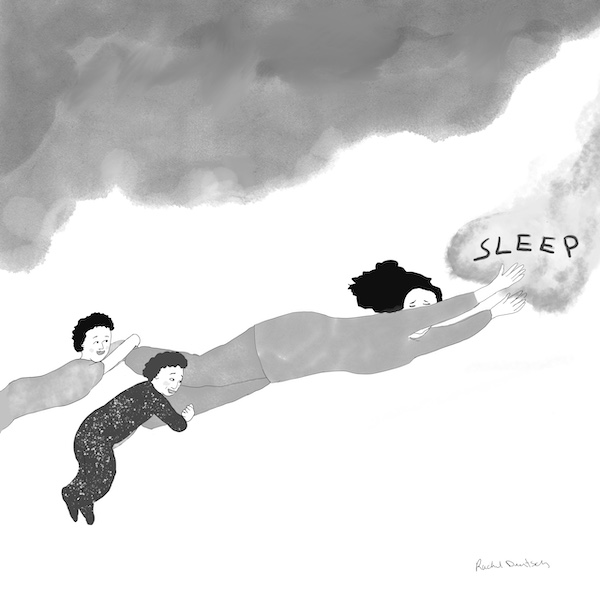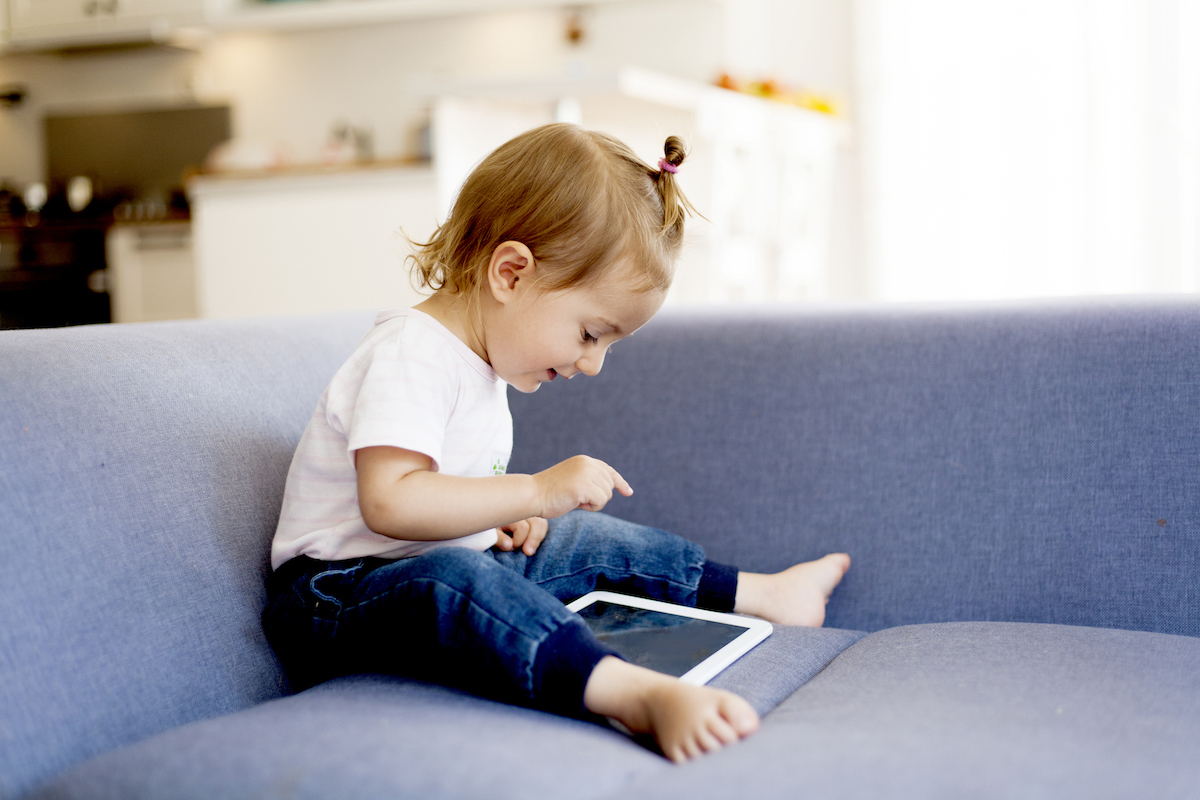Today’s first story reminds me of the midwife’s office I went to when pregnant with Finn. On the wall of the office was a large poster with a caption indicating that breastfeeding could lower the risk of childhood obesity (not well-supported in data, FYI). But what fascinated me was the illustration: two large scoops of ice cream, arranged like breasts in a pool of chocolate sauce, with maraschino cherries for nipples.
At every appointment, I would stare at this poster. I just kept wondering, what is this conveying? They can eat more ice cream? You can eat more ice cream? Breast milk is like ice cream? To this day, I remain unsure. If you saw this poster too, please let me know!
Read on for three of your stories and a reader question about feeling like you’re in a constant state of exhaustion after kids.
Complicated start
—Beth
I gave birth to our first child six weeks ago. The delivery was complicated, and our son ended up in the NICU for a week. We had no opportunity for breastfeeding or skin-to-skin in those first days. At the hospital I was surrounded by “breast is best” posters, and while the rational part of my brain knew that he and I would bond no matter what, I couldn’t help but feel like he was being deprived of something essential and that it was somehow my fault. Six weeks later, I’m happy to say we have a healthy, cheerful baby who loves to breastfeed or bottle-feed and who snuggles in bed with mom every morning. For anyone who has a similarly complicated start to parenthood, know that it won’t define your relationship to your baby.
Little reminders
—Jaime
When I had to put my four-month-old in day care and return to work, I, like most parents, was feeling so… deeply. A win for me that helped, and still helps every day, was to change all of my work passwords to positive affirmations, messages, or mantras: phrases like “(baby’s name) is safe” or “You’re doing great, mama!” or “(baby’s name) loves me.” By reciting them in my head while typing them, I’m engaging in positive self-talk to remain grounded… and it works every time! I also try to practice taking a deep breath while logging in. Positive self-talk can have such an impact on daily mental health, and by practicing grounded mantras throughout the day, I am staying out of my “fear brain” and staying in reality. It’s easy to spiral into parent guilt or just experience big, heavy emotions when going back to work for the first time after having a baby, and for me this simple hack has made a world of difference!
Jelly time
—Greasy Mama
We’ve been battling eczema all year with our now 16-month-old. The derm’s consistent recommendation is full-body Vaseline every night. I started dreading bedtime and the daily greasy chase that left his carpet, walls, pajamas, our clothes, anything in reach covered in an oily film. This week he’s suddenly interested in helping, and when I announce it’s “jelly time” he sits down on the towel and dips his little hand in the jar with us. Now one limb gets extra treatment and we’re getting through it much faster.
This week’s reader question
I am so tired. All the time! I never wanted to be a mom who tells children, “Mommy is too tired to play with you,” but I can’t help being exhausted all the time. We have a 2.5-year-old active toddler and a six-month-old baby. We have a decent balance (~7 hours of sleep, regular-ish exercise, eat decently) and mental stimulation (both me and my spouse work full-time, kids go to day care). It feels like my battery is drained and never recovered ever since I had kids. What can I do? I tried outsourcing household chores and cooking, but it ended up being more hassle to find help. Family help is not an option, although we moved to a different state to be close to them.
—“How are you?” “I am TIRED”


















